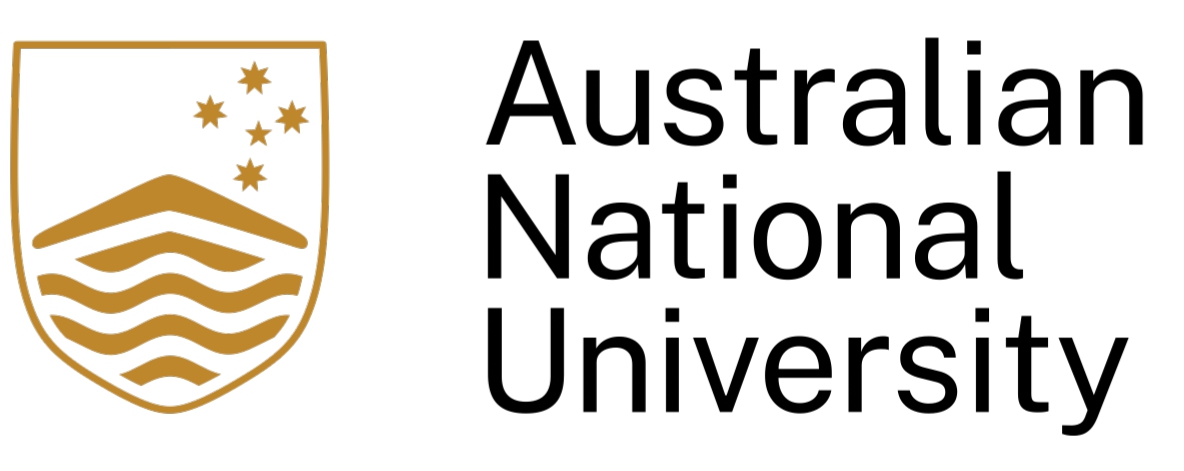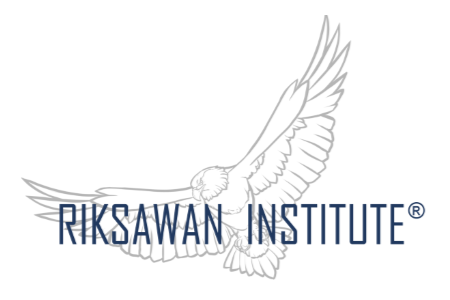The Improvement of Villager Participation in Handling Human Trafficking Crime through Community Watch
Abstract
One of thestrategic ways of preventinghuman trafficking and crimesagainst themigrant workeris that the implementation measures should begin from the village and should involve all elements of society. This research aims to study Community Watch (CW) as a model of human trafficking and crime prevention atthevillage level in relation to the dispatch and placement of Indonesian Migrant Workers (PMI). This research adopts a combination of methodological approaches. First, itengages with the doctrinal-legal approach to access the legal provisions, in particular, UU TPPO (Human Trafficking Law) and Law concerning Indonesian Migrant Workers (PMI). Second, itengages with the sociological approach to study the human trafficking phenomenon in Madura in order to find the factsand to further identifythe problems. Datacollection was conducted through library studies, interviews, and observations. The result of this research shows that the village government has not demonstrated its contribution to the prevention of human trafficking and crimes related to the dispatch and placement of PMI.This research concludes that the development of CW isessential in solving the human trafficking issues at the village level due to its paramount position in the society to ultimately protect andprevent citizens from being victimsof human trafficking.



.jpg)
.jpg)
.jpg)
.jpg)


.jpg) .
.

.jpg)

.jpg)

.jpg)




